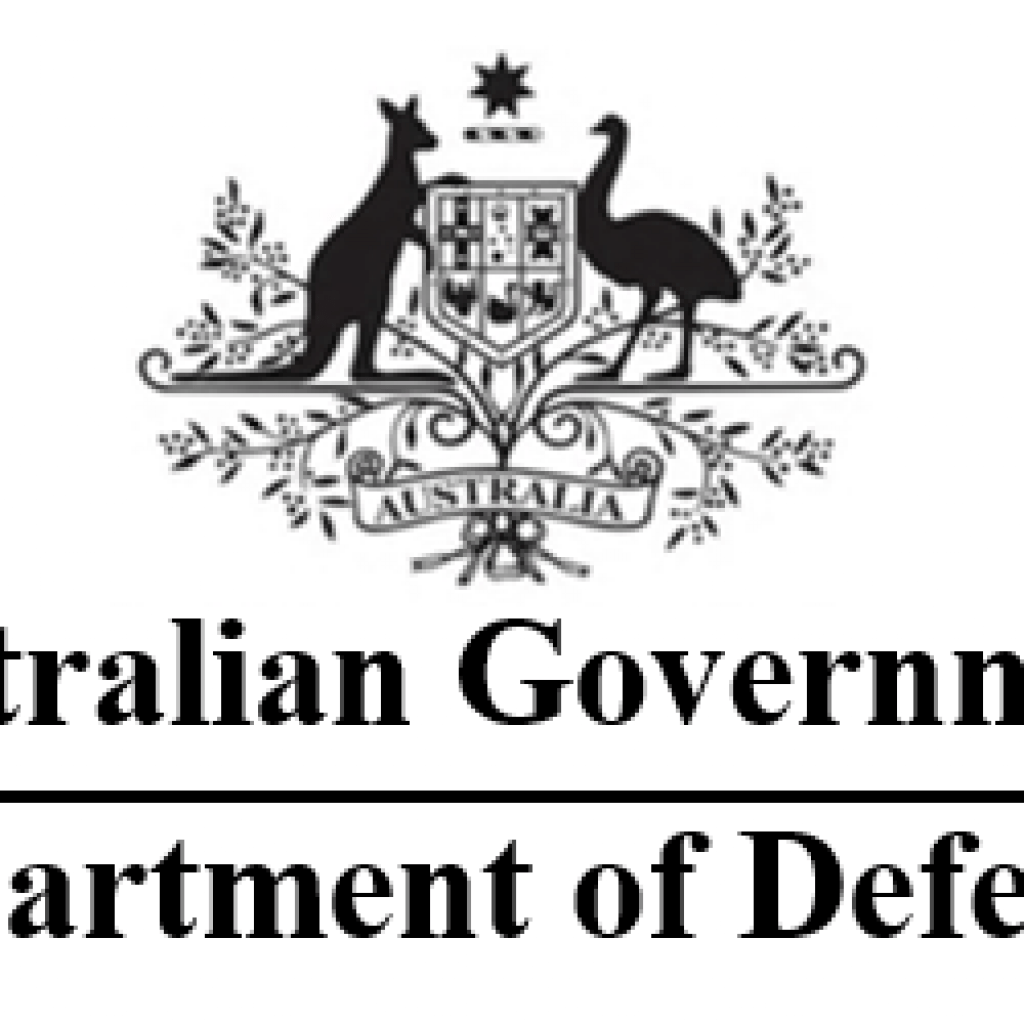Sydney, Australia-based Q-CTRL announced a partnership with Australia’s Department of Defence to develop quantum sensors to support quantum-enhanced positioning and navigation in military vehicles and other military platforms.
Those capabilities are aimed at helping these platforms overcome the limitations of GPS and other alternatives to that technology, such as access and error issues. For example, Q-CTRL noted in a statement that most naval vessels use back-up “inertial navigation” systems which sense motion to aid in positioning, but can lead to a vessel being off course by miles after just hours without GPS, which can be enough to steer a ship into an underwater obstacle overnight under poor conditions.
The company’s statement added that limited access to or outright denial of GPS signals will cause estimated economic losses of over $1 billion per day in the US alone.
Q-CTRL’s answer to these challenges is software-ruggedized quantum sensing technology. The company unveiled a quantum sensing division last August.
Q-CTRL’s technology uses the quantum physics of atoms to detect motion and small changes in the Earth’s gravitational field, leveraging these signals to enable navigation over extended periods. Quantum sensors provide very reliable outputs because their signals are derived from the fundamental laws of physics, unlike existing mechanical or electrical systems that degrade over time or under different operating conditions, the company said, adding that its proficiency with software and quantum control engineering helped it raise the performance bar for quantum sensing, boosting performance in the field “by hundreds of times.”
“From day one we knew that our specialized expertise in quantum control could unlock totally new applications of quantum technology,” said Q-CTRL CEO and Founder Prof. Michael J. Biercuk. “We’ve shown we can boost the performance of quantum computers and quantum by orders of magnitude – entirely through software. Now we’re pleased to be applying these capabilities to a critical defense mission for Australia.”
Dan O’Shea has covered telecommunications and related topics including semiconductors, sensors, retail systems, digital payments and quantum computing/technology for over 25 years.
